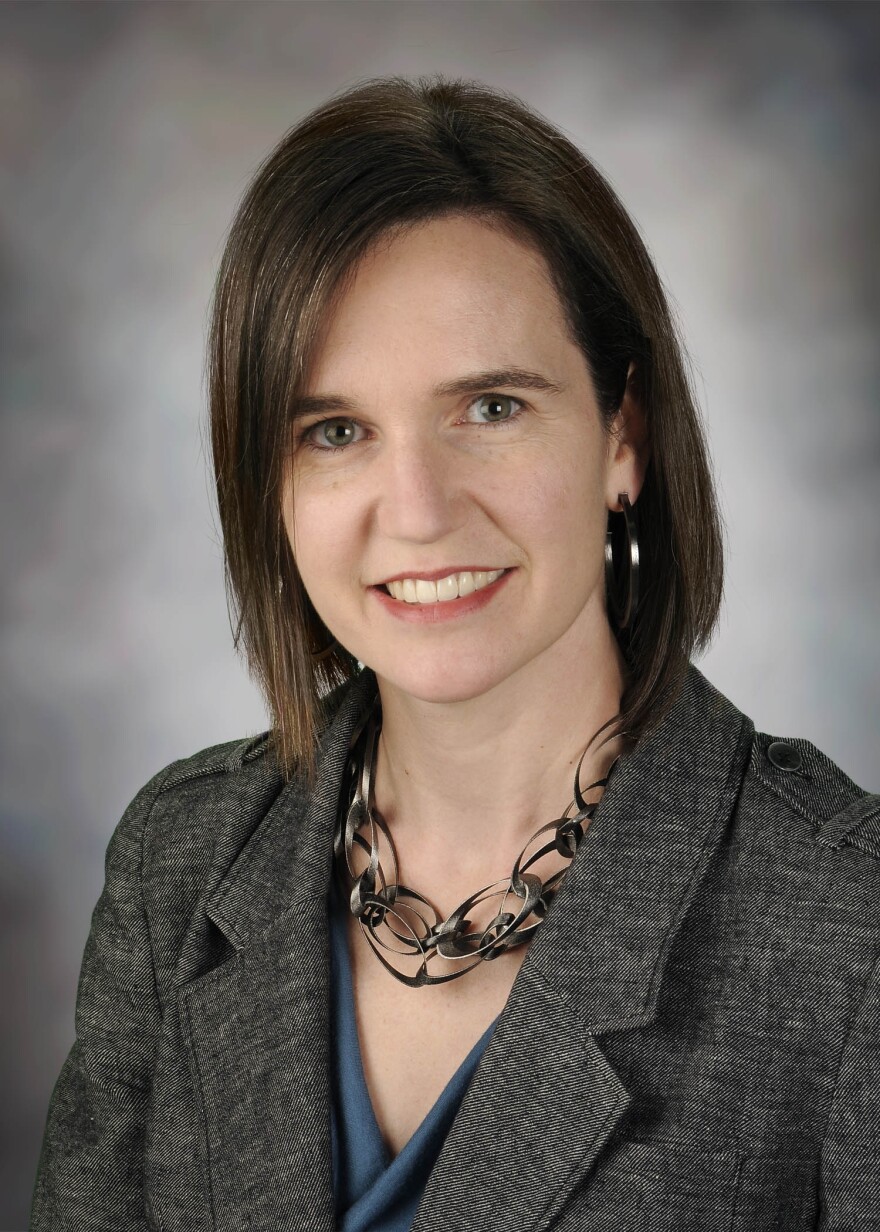San Antonio physicians are being alerted about a rapidly growing cluster of new HIV cases. These infections are being monitored by the Centers for Disease Control.
Stigma about homosexuality and AIDS in the Hispanic community may be part of the problem.
For Joey Garcia, life as a gay teenager in the Rio Grande Valley of Texas was never easy.
"I was 13 years old when I revealed it to my parents that I was gay. They actually kicked me out of the house," he explained.
And it wasn't just his family. Garcia said his lifestyle was often frowned upon by people in the traditional, sometimes macho, often religious Hispanic community.

"There’s definitely a lot of stigma," Garcia said. "I see it all the time."
Garcia's 24 now. Four years ago, he attended a Pride event in San Antonio. They offered free HIV tests and so he got one. He’d done it before, and didn’t think he had anything to worry about. When the result was positive, he was stunned.
"I ended up not practicing safe sex with one of my partners who was apparently cheating on me at the time," Garcia noted. "I was in shock for a little bit. I didn’t really know what to say."
Texas, along with California and New York, has the highest number of new cases in the country. In Texas, young Hispanic patients have it particularly rough.
"You are stigmatized because you are a minority. You might be stigmatized because you’re gay. And then you’re stigmatized again because you’re living with HIV," observer infectious disease specialist Dr. Barbara Taylor of UT Health San Antonio.
Taylor observed Garcia is part of a new generation of HIV patients cropping up in South Texas. Young, Hispanic men are showing up in HIV clinics in alarming numbers. And, she said, based on surveillance conducted by the CDC, San Antonio is a “hot spot” with a cluster of cases that are related, as in, the viruses are genetically similar.

The CDC has identified 16 clusters in Texas. Six of those are in San Antonio.
Taylor says one called Cluster 51 is in the cross hairs right now. "There are 27 confirmed cases of people who are carrying viruses that are definitely linked," she said.
That means the people in Cluster 51 may be connected in some way, part of a network of new transmission. That intel provides a starting point for intervention.
Concern about this spate of new cases sparked the Director of the San Antonio Metropolitan Health District to send out a letter to physicians this month. It includes a list of the kinds of patients who need testing and encourages doctors to prescribe the HIV prevention drug, known as PrEP or Truvada, to people at high risk.
"I think it’s a game changer. In places in the South and in Texas, I think this could dramatically change what we see," commented Phillip Schnarrs, Ph.D. He teaches in the Department of Kinesiology, Health and Nutrition at the University of Texas at San Antonio.
Schnarrs is a vocal advocate for increased access to PrEP, and says the daily pill isn’t often prescribed here. He says the idea of an HIV prevention drug rankles some people, who contend using it encourages risky sexual behavior.
As a gay man himself, Schnarrs disagrees."It is cheaper to prevent it than to actually treat it. Right? So that’s good for everybody. There shouldn’t be stigma around this. This is something that you’re doing that’s going to protect you. And that’s a good thing."

About 6,000 people in San Antonio live with HIV. With the right medications, they don’t infect others and lead a long life. But Dr. Taylor says, without cultural changes and broader access to testing and care, nothing will change anytime soon.
"We have the tools to prevent HIV. We just have to get them to the right people at the right times. From my perspective as an infectious disease doctor, new infections are a failure on our part."
Garcia agrees and says "the fact that rates are increasing still is beyond me because our medicine and technology is advancing."
People under the age of 24 make up one-third of the new HIV cases in Bexar County. Dr. Taylor says almost all these cases are preventable. "If we could put everybody diagnosed with HIV in San Antonio on treatment, we would stop the HIV epidemic in its tracks," she stressed.
The San Antonio health department is hoping by throwing a spotlight on the need for more aggressive testing and prevention, a disturbing trend can be reversed.





